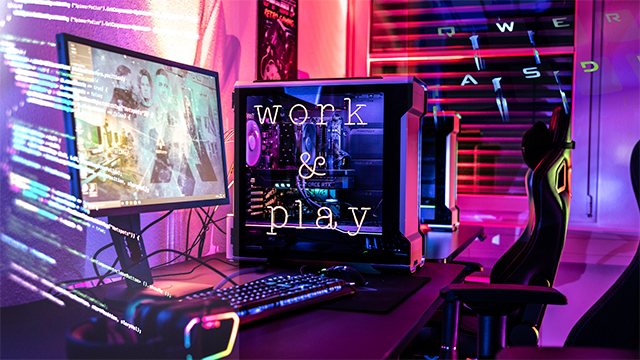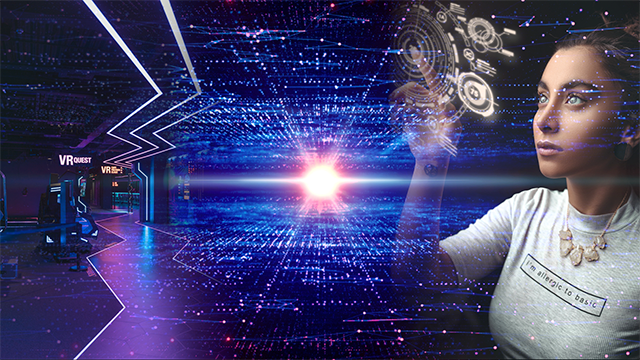“The Playful Kraken” – Part 4: Discussions Close By

I would like to thank all of my colleagues, Kalle Raijonkari, Ilari Miikkulainen, Teemu Pölkki, Juha-Tapio Teno, Jere Lamberg, Jarkko Immonen, Jani Seppälä, and Krista Anttila, for the fruitful discussion on the Game Industry structure and education. In the discussions with my colleagues, the massive amount of work needed for creating a framework for understanding the Game Industry as a whole was discovered, but there was also agreement on the value of the work, since the framework will make understanding and teaching the topic easier overall. Even though Game Industry teachers and education providers are free to choose their education goals and methods, like critical thinking, self-sufficiency, and teaching learning skills, it remains important that teachers have a grasp of the Game Industry and the available material. It could easily be claimed that education should always prefer quality of the material over the quantity, but since the Game Industry inherently includes a lot of failing and learning from those failures, even the inferior quality learning materials serve a purpose and a way to measure the learner’s seniority. Therefore, it is crucial that educators have access to the Game Industry companies and their processes regularly, for observing the real situations and iterative processes. My colleagues and contacts agree that there is a need for the business component in researching the Game Industry.
Based on the discussions, the preliminary research was expanded to include cross-disciplinary learning and understanding. One of the approaches is the different points of view for teaching and learning about the whole Game Industry, like analyzing games from different specialty aspects. An educator playing and analyzing a game (A Creates, 2022) can be used as an example. This video style approach is an important example, because there are an incredible number of videos on game development and other areas of the Game Industry available. Two of the most significant topics were diversity and inclusion, which need to be included in the Game Industry education. It is encouraging that there already exist associations which are looking to improve diversity and inclusiveness within the Game Industry (We in Games Finland Assoc., 2021), and game-based animated series are even being analyzed from the perspective of inclusion (Schnee, 2022).

Discussions in the seminar, with colleagues, and with friends, created a spark for further research through the category definitions or taxonomy. One of the surprising finds was the Open Education book by Blessinger and Bliss (2016), which contains information that helps build categorization for the Game Industry education. Another intriguing discovery was the article of Kelly et al. (2020), which just points out that there is available research data, but mostly by cross-disciplinary fields. During my own teaching career, my students and I have built a database called “Applications, Links and Tools”, which has a rudimentary categorization specifically related to game production related topics. One of the more outlandish ideas which could be considered in the research, is the possibility of using the actual metaverse or XR in the Game Industry education, based on the technological merging from the megatrends (Dufva, 2019). In any case, it became abundantly clear throughout all the different conversations that one educator, or even institute, cannot keep up with all the changes and knowledge related to the Game Industry, and that is why there is a great need for cooperation and information portals.

A couple of my colleagues guided me on the RDI process of Jamk, and provided excellent points of view on the future of the research and possible RDI projects. A clear result of the discussion was the need for a project plan for mapping and planning the steps of the larger whole. For that purpose, there must be a clear list of selling points for project partners. For getting all the different participants committed, there needs to be a clear value and meaning. The Finnish project Digivisio 2030 (CSC – IT Center for Science Ltd n.d.) was mentioned. Digivisio could also partially work as a platform for the Playful Kraken. There was also debate about the possible end results of streamlining the whole Finnish education, and the possible benefits for the Game Industry education in the form of cross-disciplinary accreditation.
Writer

Risto Koskenkorva (Certified Professional Teacher (JAMK), M.Sc – IT (JYU), Game Industry Veteran) works as a senior lecturer in Jamk BIT Game Production. Specialized in Game Industry (Game Development, Game Production, Game Programming, Game Engines, 3D Art & Animation, Game Publishing, Game Entrepreneurship, and Leadership & Management).
References
A Creates. (2022, March 4). Lets Play: Deliver us the Moon [YouTube Video: Become an Expert in the Game Industry]. https://www.youtube.com/watch?v=9eu4mr-ouiY
Blessinger, P., & Bliss, TJ. (Eds.). (2016). Open Education: International Perspectives in Higher Education. Cambridge, UK: Open Book Publishers. http://dx.doi.org/10.11647/OBP.0103
FIX? -> CSC – IT Center for Science Ltd. (n.d.). Digivisio [Website for Digivisio 2030 project]. Retrieved June 14, 2022, from https://digivisio2030.fi/en/frontpage/
Dufva, M. (2019, December 31). Megatrendit 2020 [Sitra Report: The Megatrends 2020]. Sitra. https://media.sitra.fi/2019/12/15143428/megatrendit-2020.pdf
Kelly, S., Klézl, V., Israilidis, J., Malone, N., & Butler, S. (2020, December 4). Digital Supply Chain Management in the Videogames Industry: A Systematic Literature Review. The Computer Games Journal 10, 19-40. https://doi.org/10.1007/s40869-020-00118-0
Schnee. (2022, March 27). How ARCANE Writes Women [YouTube Video: Analyzing a video game, League of Legends, based animated series from the perspective of inclusion]. https://www.youtube.com/watch?v=hML-FGHGEN4
We in Games Finland Assoc. (2021). Code of Conduct [Webpage: Simple code of conduct for improving diversity and inclusiveness]. https://weingames.fi/code-of-conduct/
Read the other parts of ”The Playful Kraken” series: